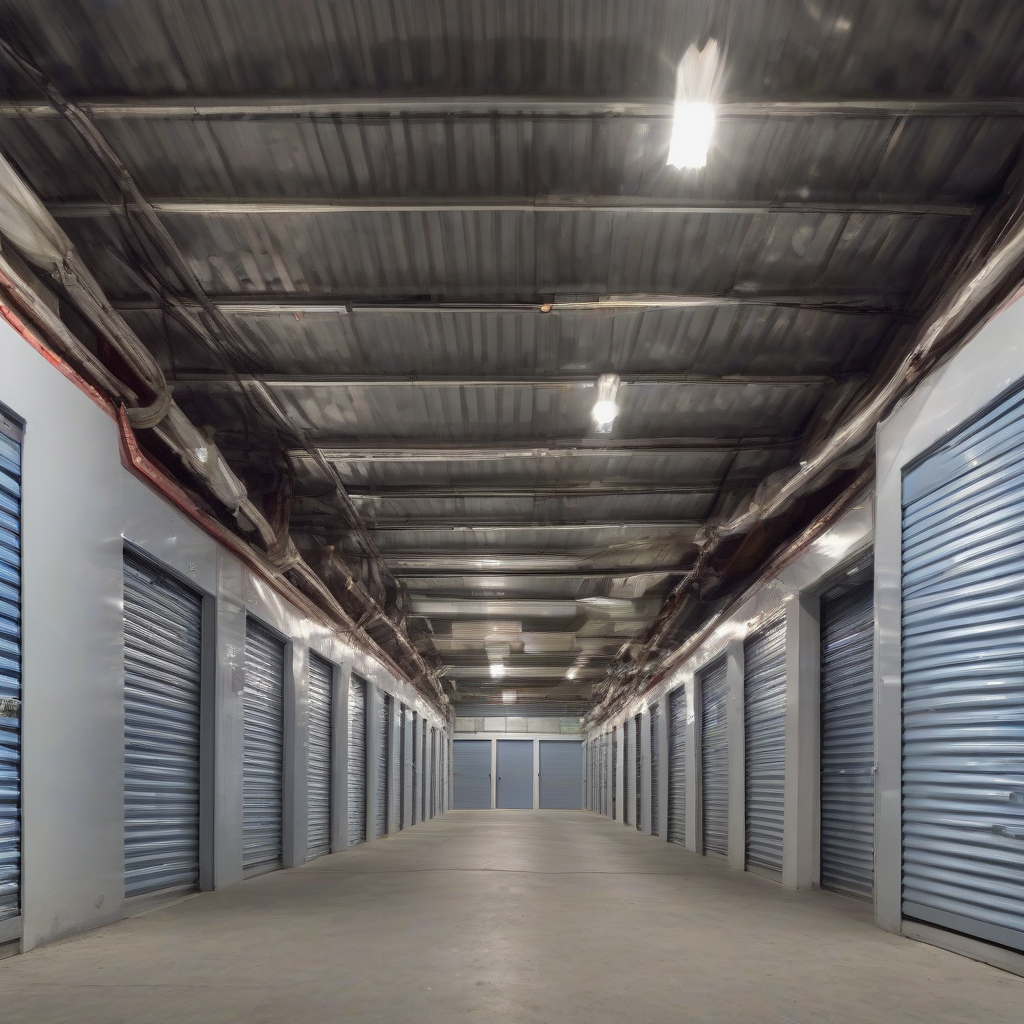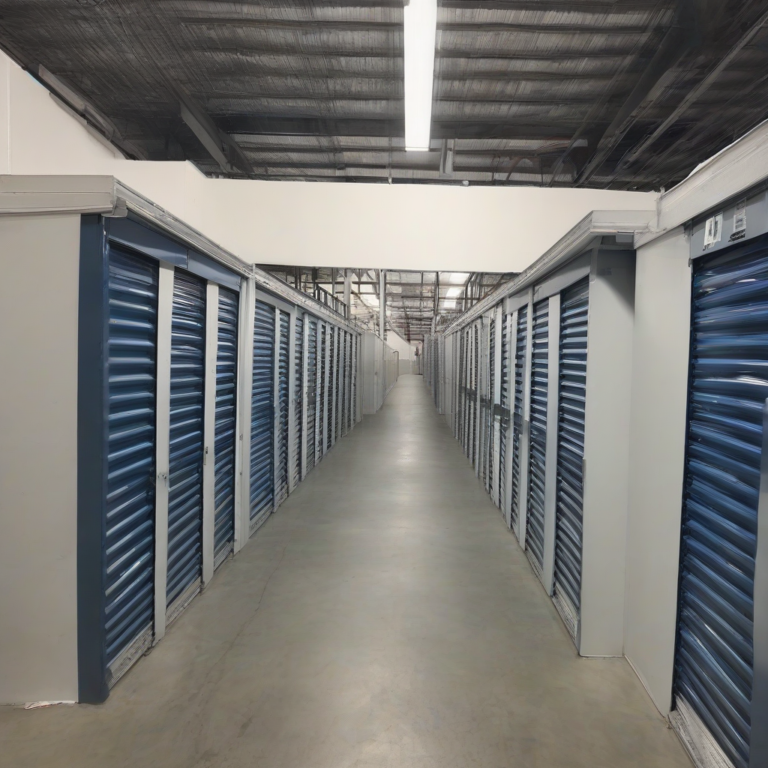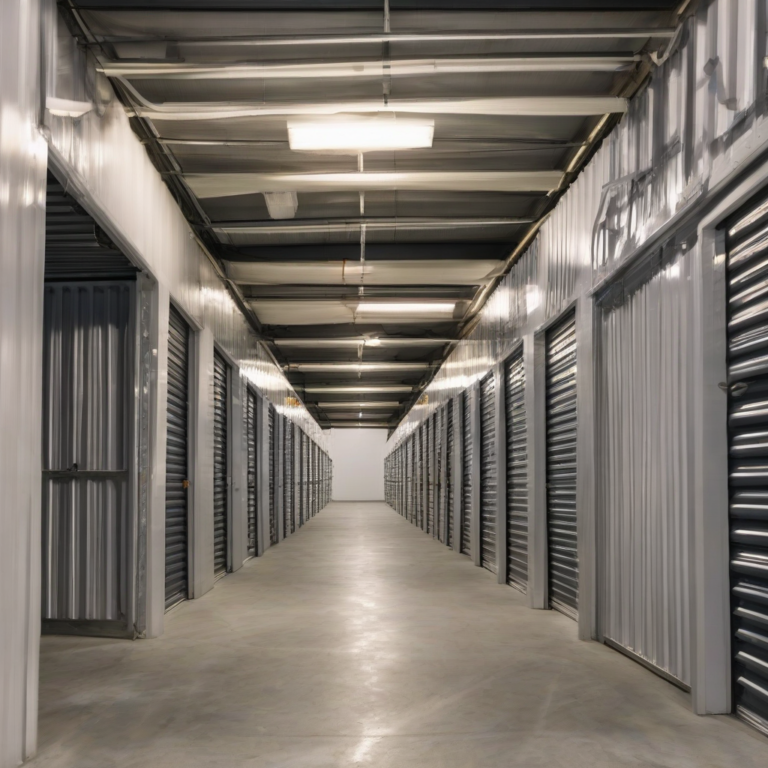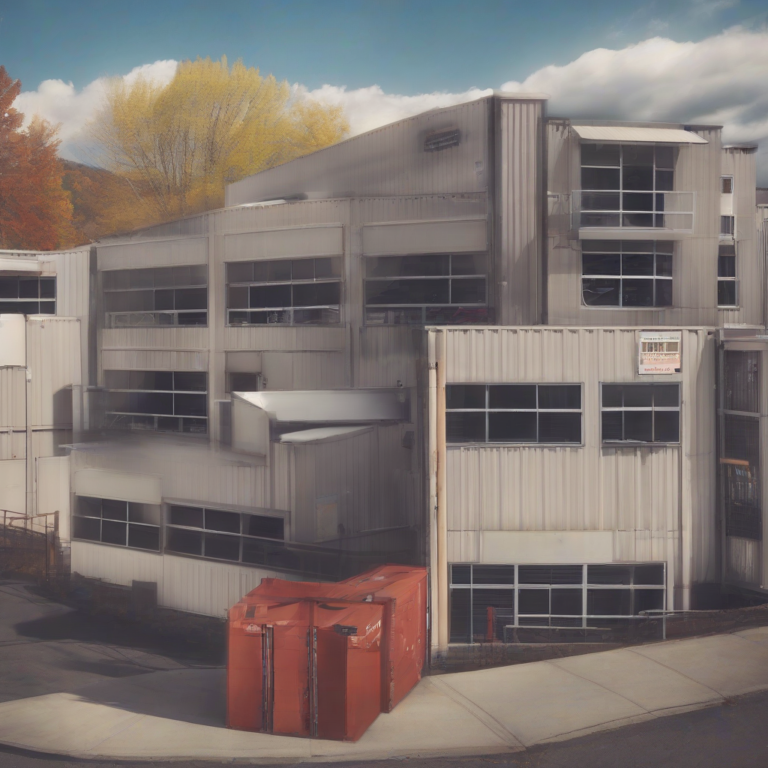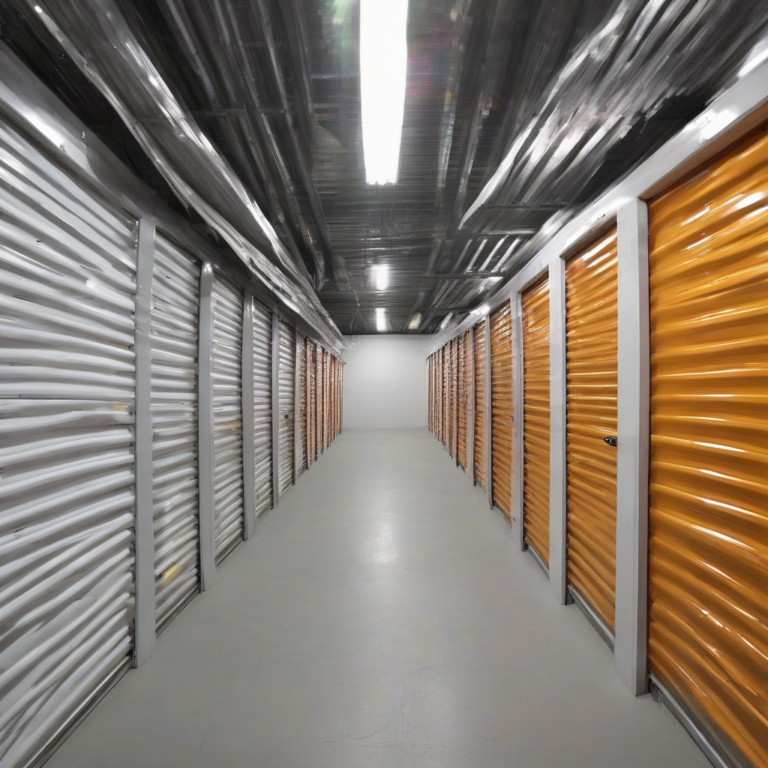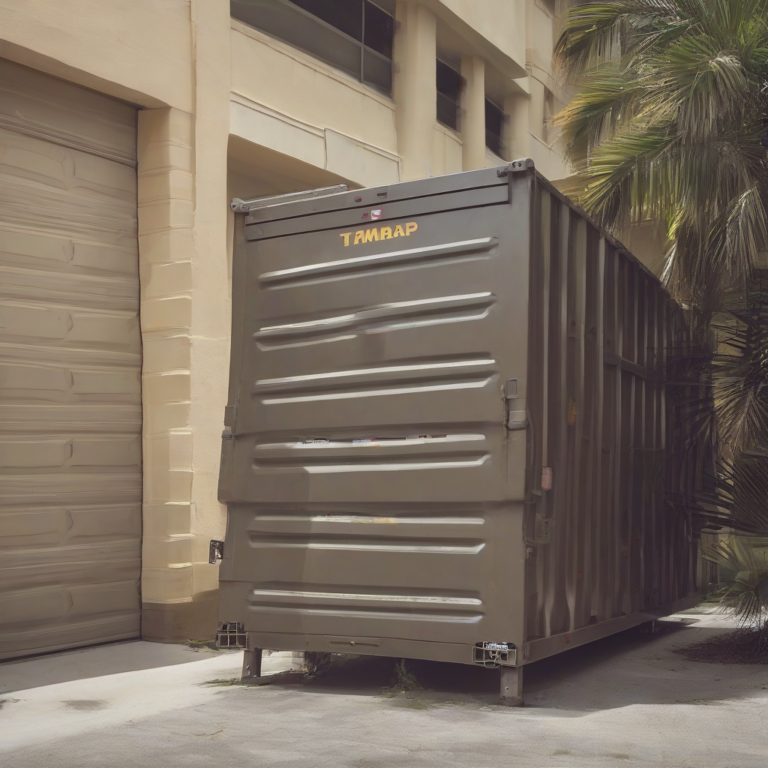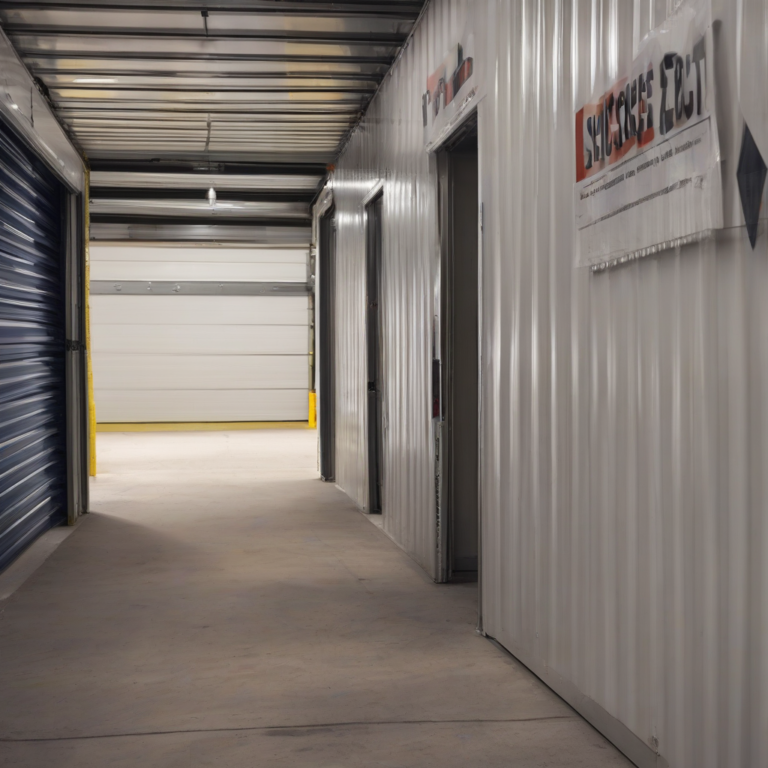Your Ultimate Guide to Storage Units in Queens: Finding the Perfect Space for Your Needs
Your Ultimate Guide to Storage Units in Queens: Finding the Perfect Space for Your Needs
Finding the right storage unit in Queens can feel overwhelming. With a diverse range of options, from climate-controlled units to outdoor storage, understanding your needs is the first step. This comprehensive guide breaks down everything you need to know to make an informed decision, ensuring a smooth and stress-free storage experience.
Understanding Your Storage Needs
- What are you storing? This determines the size and type of unit you’ll need. Are you storing delicate furniture, important documents, seasonal items, or business inventory? Different items require different levels of protection.
- How much space do you need? Measure your items carefully to avoid renting a unit that’s too small or too large. Consider future needs; you might need extra space down the line.
- What’s your budget? Storage unit prices vary based on size, location, amenities, and length of contract. Set a budget beforehand to avoid overspending.
- How long will you need storage? Short-term rentals often come with higher monthly rates than long-term contracts. Consider the duration you anticipate needing the space.
- Accessibility and Location: How easily can you access your storage unit? Consider proximity to your home or business, as well as parking availability and security measures.
Types of Storage Units in Queens
- Indoor Storage Units: These offer the highest level of protection from the elements, making them suitable for furniture, electronics, and other sensitive items. Many offer climate-controlled options to prevent damage from humidity and temperature fluctuations.
- Outdoor Storage Units: More affordable than indoor units, outdoor storage is suitable for items less susceptible to weather damage, such as sturdy furniture, tools, or seasonal decorations. Consider the potential for exposure to rain, snow, and sun.
- Climate-Controlled Units: Ideal for temperature-sensitive items like artwork, electronics, and documents. These units maintain a consistent temperature and humidity level, preventing damage from extreme weather.
- Drive-Up Units: Convenient for loading and unloading, these units are typically located on the ground level, allowing for easy access with a vehicle. Perfect for larger items that are difficult to carry.
- Self-Storage Units: The most common type, allowing you 24/7 access to your belongings, usually with a security code or keycard system.
Finding Storage Units in Queens: A Step-by-Step Guide
- Online Search: Use online search engines and storage unit comparison websites to find facilities in your desired area of Queens. Filter results by size, price, and amenities.
- Read Reviews: Check online reviews from previous customers to gauge the quality of service, security measures, and overall experience at different facilities.
- Visit Potential Facilities: Once you’ve narrowed down your choices, visit the facilities in person to assess cleanliness, security, and accessibility. Check for any signs of damage or neglect.
- Compare Prices and Contracts: Carefully compare the price per square foot and the terms of the rental contract. Look for hidden fees or early termination clauses.
- Ask Questions: Don’t hesitate to ask questions about security measures, insurance options, access hours, and payment methods. Clarify any uncertainties before signing a contract.
- Insurance Considerations: Consider whether you need additional insurance coverage for your stored items. Most facilities offer insurance options, but check your renter’s or homeowner’s insurance policy to see if it covers stored items.
Factors to Consider When Choosing a Storage Unit in Queens
- Security: Look for facilities with security features like gated access, surveillance cameras, and on-site management. Inquire about security protocols and emergency procedures.
- Cleanliness and Maintenance: A well-maintained facility indicates a commitment to customer satisfaction and the protection of stored items. Look for a clean, well-lit building and grounds.
- Accessibility: Consider the ease of access to your unit. Drive-up units are convenient, but if you need to carry items up stairs, this needs to be factored into your decision.
- Customer Service: Friendly and responsive customer service is crucial. A good facility will address your concerns promptly and professionally.
- Location and Convenience: Consider proximity to your home or work, as well as access to public transportation and parking.
- Contract Terms: Read the contract carefully before signing. Understand the terms of payment, lease length, and early termination fees.
- Insurance options: Does the facility offer insurance options, or should you secure your own coverage?
Different Neighborhoods in Queens and Storage Options
Queens is a large borough with diverse neighborhoods. Storage unit availability and pricing will vary significantly based on location. Some areas may offer more options, while others might have limited availability. Researching storage units in specific Queens neighborhoods like Astoria, Bayside, Forest Hills, Jamaica, Long Island City, and Sunnyside, will provide a more targeted search.
- Astoria: Known for its vibrant atmosphere, Astoria likely offers a range of storage options, potentially catering to both residential and commercial needs. Expect varied pricing based on unit size and amenities.
- Bayside: A more residential area, Bayside may have a smaller concentration of storage facilities, potentially leading to higher demand and potentially higher prices for available units.
- Forest Hills: Similar to Bayside, this residential area may offer a more limited selection of storage units, with a higher likelihood of premium pricing.
- Jamaica: As a major transportation hub, Jamaica could have a wider selection of storage units to meet the diverse needs of the population. Pricing will depend on proximity to major transportation routes and other amenities.
- Long Island City: A rapidly developing area, Long Island City might present a range of modern storage facilities, with pricing reflective of the area’s growth and desirability.
- Sunnyside: This community often presents a mix of residential and commercial spaces, potentially resulting in diverse storage options and pricing points.
Tips for Packing Your Storage Unit
- Purge Unnecessary Items: Before storing, declutter and get rid of items you no longer need. This will save you space and money.
- Use Sturdy Boxes: Invest in sturdy boxes of appropriate sizes to prevent damage to your belongings.
- Protect Fragile Items: Wrap fragile items carefully with bubble wrap or packing peanuts.
- Label Clearly: Label all boxes clearly with their contents and the date packed for easy identification.
- Weight Distribution: Distribute the weight evenly throughout the unit to prevent collapse.
- Leave Aisles: Leave sufficient space between stacks for easy access to your belongings.
Moving and Storage Companies in Queens
Some moving companies in Queens also offer storage solutions, either on-site or through partnerships with storage facilities. This can streamline the moving process, offering a convenient one-stop shop for moving and storage needs. Research moving companies that provide these integrated services to compare options and pricing.
Frequently Asked Questions (FAQs)
- What is the average cost of a storage unit in Queens? The average cost varies greatly depending on size, location, and amenities. It’s best to conduct online searches and compare prices from multiple providers.
- Do I need insurance for my stored items? While not always mandatory, insurance is highly recommended to protect your belongings against damage or loss.
- How do I choose the right size storage unit? Measure your items carefully and add some extra space for convenience. Consider the possibility of needing more space in the future.
- What security measures should I look for in a storage facility? Look for gated access, security cameras, and on-site management or regular patrols.
- What should I do if I need to access my storage unit outside of regular hours? Check the facility’s policy regarding after-hours access; some facilities may offer 24/7 access while others may have restricted hours.
